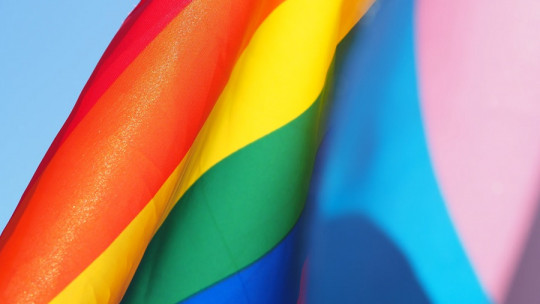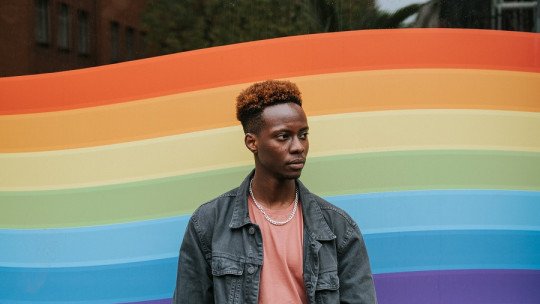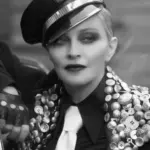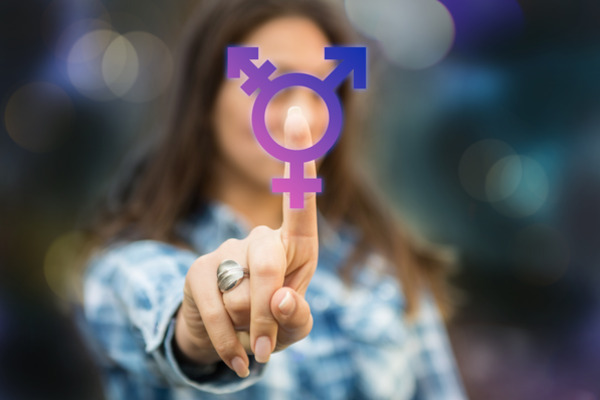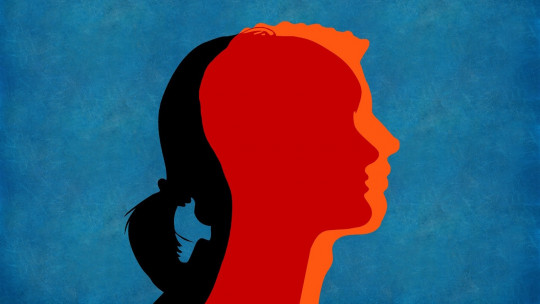In recent years we have heard about the term sex-gender diversity , which is used with the purpose of naming different ways of being and being in front of the world. For some people it can be uncomfortable and disastrous, however, for others it is urgent to go deeper into living in a state of confusion, sadness and fear. This is because gender affects us in different ways.
Beginning to understand this new portrait of the current gender can be complicated if we do not have a minimum overview; For this reason, it is important to know several basic concepts that explain what it is about and why it is necessary for us all to have an approach to it, and above all to know why it is important in psychotherapy. So… Let’s get started!
The keys to sex-gender diversity
All our lives we have been required to relate consistently to our sex ; that there are no ways to express oneself through life other than an “ideal” and “correct” model that corresponds to the behavioral expressions that a “man” should have in relation to the masculine and a “woman” to the feminine. Any human being who expresses otherwise runs the risk of living discriminated against in their social and most intimate spaces.
Lately we have heard a lot about the concept of gender, a useful category to understand cultural constructions regarding what it means to be “man” and “woman” in society Now that there is this whole gender revolution, there is a need to talk more about the subject, especially because there is a demand for listening and it is important that both therapists and consultants are informed.
Let’s start by saying that there are diverse people To say only that there are “men” and “women” is to exclude many people who do not identify with the roles and stereotypes that society has typified and judged. To begin with, the gender category arises thanks to an iconic phrase: “You are not born a woman, you become one…” by the existential philosopher Simone De Beauvoir, as opposition to many social mandates that to this day continue to be practiced from biologicalist ideas. and regulations that discriminate against women and exclude a large part of the LGBT+ Community in the world.
From traditional gender to other identities
Thanks to various Gender studies, we know that the feminine and masculine essence has a cultural creation. There are generic identities that do not correspond only to the conventional biological binarism (man-woman). Consequently, there are many alternatives to relate to each other as human beings and to enjoy our stay in society.
So, when we talk about gender identity, we are referring to the assimilation and acceptance that a person can have regarding what they consider themselves to be psychically. Here we will see a small glossary; It should be noted that there are many more identities and the best option will always be to refer to the person as they prefer.
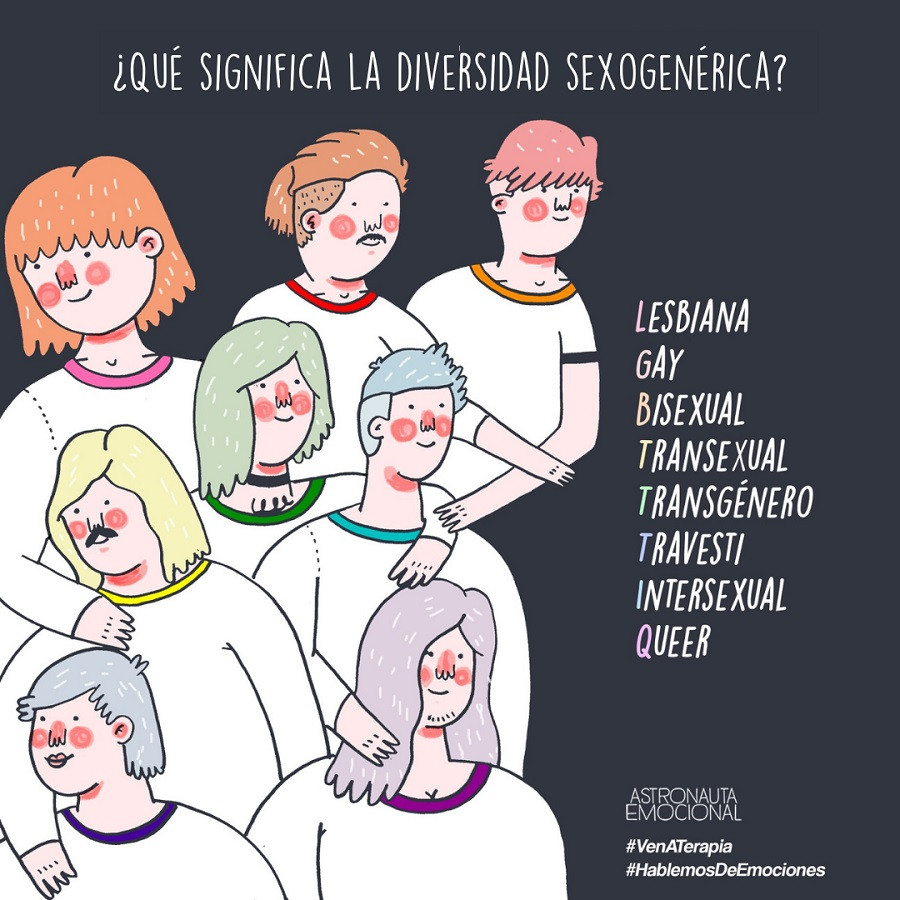
1. Man or woman
They are the traditional gender binary that we grow up with and internalize in our lives.
2. Transsexual man or woman
People whose identity does not match the gender and sex at birth, choosing to change their appearance and even in some cases they change their body surgically and/or with hormonal treatments, but this is not always the case.
3. Transgender
It can be abbreviated as trans. Some people prefer this concept, and it refers to all those whose gender identity does not correspond to their biological sex It covers a range of identities that includes both children and adults. An example is children or adults who identify as male but were assigned female at birth.
4. Cisgender
They are people whose gender identity coincides with their biological sexuality assigned at birth. Most of these people have this traditional gender conformity.
5. Queer
Or “cuir” in its Spanish translation. Refers to all these gender identifications and expressions that reject the binary notion of male-female sexes by perceiving it from a strict and normative notion in societies. A long time ago it was used as an insult; However, some people claim it as something positive and use it to not define themselves within the frameworks of sex-gender.
Gender does not determine sexual orientation
On the other hand, gender identity does not determine sexual orientation, which is the physical, erotic, emotional and/or intellectual attraction that one person may feel towards another The following classifications fall into this category:
With this wide range of identities and orientations a range of possibilities is created to manifest in the world what today we call sex-gender diversity.
Discrimination dynamics
Sadly, there is social rejection due to the exclusion experienced by people who do not relate to cisheterosexuality. With this concept we refer to people who, from birth, identify with their assigned gender and their sexual orientation corresponds to that of the opposite sex.
For a long time we grew up with these fixed ideas about what it is to be a “man” and what it is to be a “woman.” relating from traditional masculinity and femininity. It is important that we start from the idea that there are many ways of being and that gender should not be a limiting aspect in being able to express ourselves and relate to others, so no one has to live tormented by their identity or sexual preferences.
It is an issue that is on the table today, and we still have a lot to work on; however, It is important that therapists are aware of the issue because outside the offices there is discrimination that has affected the lives of many people for gender reasons.
Finally, it is important that the professionals of any psychological care center not only have a gender perspective, which is this contemplation and awareness of the situation of inequality that women experience compared to men, but also that they are sensitized in matters of sex-gender diversity, recognizing their richness like that of any person, and that they can provide ethical and committed support.
Author: Daniel De Gyves, psychologist, writer and social activist. Collaborator at Emotional Astronaut.

